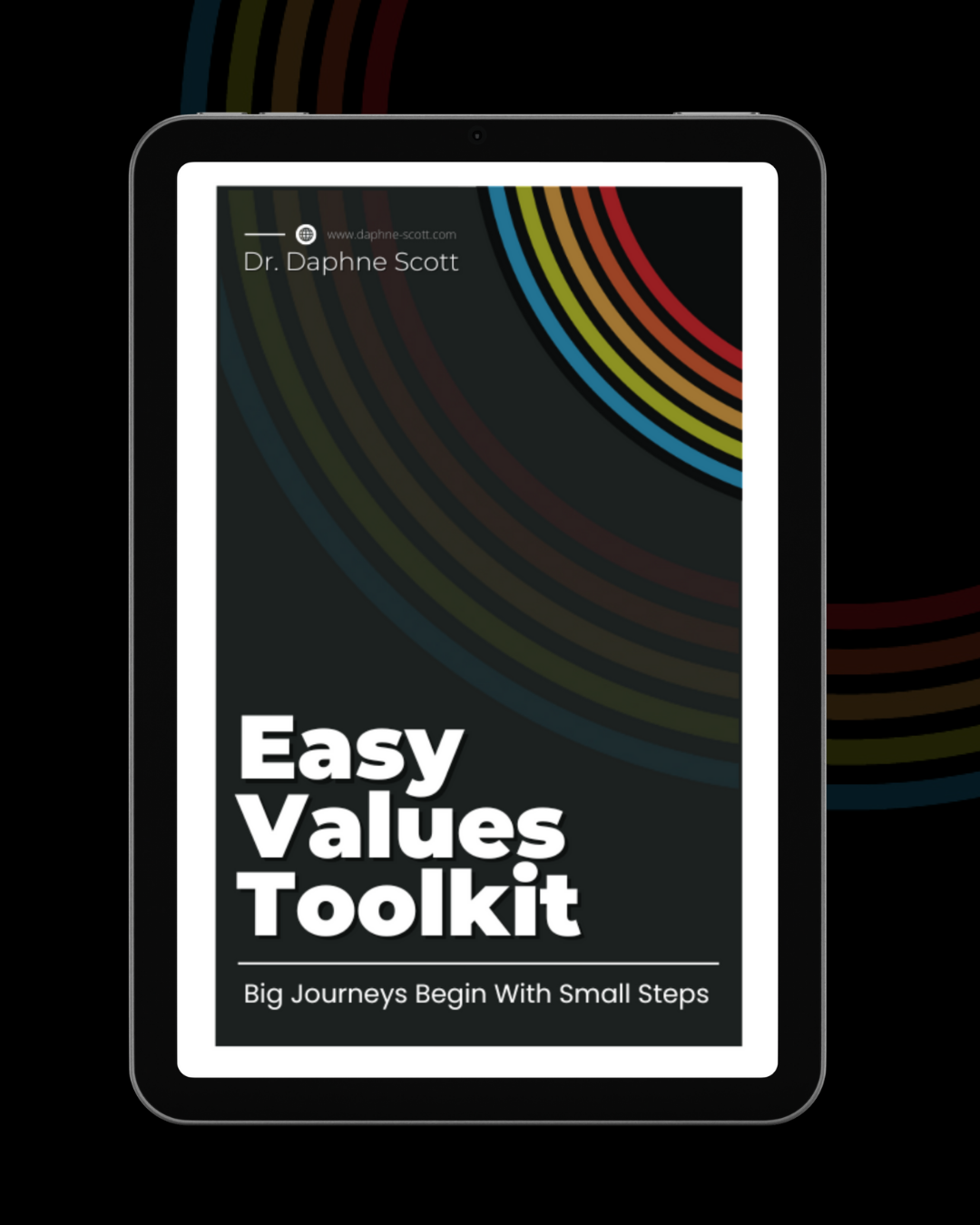WILL YOU CHEAT IN BUSINESS (OR ANYWHERE ELSE)?
Nov 13, 2023
Clayton M. Christensen wrote a seminal article in the Harvard Business Review in 2010 titled ‘How Will You Measure Your Life?’ In this article, he discusses three questions that he poses to his students. The first two of these questions address our common concerns of wanting to be happy in our career and with our family. It is the third question, however, that may surprise you: “How will I stay out of jail?”
This question makes sense once you read on to learn that 32 people in his Rhoades scholar class spent time in prison. In addition, many “corporate scandals” have occurred in the past 10 years. Ironically, a recent search regarding white collar crime and executive scandals revealed that staying out of jail itself wasn’t necessarily that difficult, but staying under the radar is increasingly difficult. Committing different versions of fraud seems to be relatively common with one of the most recent headlines being the investigation and resultant conviction of 6 executives at Volkswagen.
While most people don’t plan to cheat in business, it is worthy of understanding this in a way that we may not have previously. To do so, we need to have a clearer understanding of the word “cheat” and we need to recognize the suffering that we can create for ourselves. This suffering is universal; no one is immune.
There are two definitions of the word “cheat.” One definition means to act dishonestly to gain an advantage. The other, however, means to avoid something undesirable by using our talents or sheer luck. For example, cheating death. Interesting…
If we take a closer look at this idea of cheating, it is easy to see how we attempt to use our “skill” to avoid something undesirable and gain an advantage. I believe Dr. Christensen was onto something that goes deeper than we realized.
One of the things that we most want to avoid is discomfort, which can take many forms. We may want to avoid the discomfort of lower returns, one of our key projects failing, or the discomfort of not being the leader that we thought we should be in our lives and in our work. Or maybe our discomfort is simply one of not sharing our thoughts and opinions with others for fear of retribution or fear of losing control. There are many forms of suffering, and so we create the strategies to avoid them.
One of those strategies is to cheat. We cheat our way out of our discomfort in business by quite literally cheating.
What we are attempting to cheat is the discomfort of facing ourselves fully, facing our vulnerabilities as leaders, and our own pain-staking quest for perfection. Cheating on the books and breaking policies is one thing, but it is only a symptom of a deeper form of cheating: cheating ourselves.
We cheat when we avoid revealing our true feelings and thoughts at the boardroom table. We cheat when we put our status and earnings ahead of our own vitality and the betterment of our companies. We cheat when we don’t request what we truly want and instead tolerate what comes our way. We cheat when we don’t fully own how we are creating the results in our lives and admit that we were complicit in them turning out just as they did.
We cheat ourselves to avoid the true discomfort that comes with facing impermanence and the reality that we cannot control much in our lives. We refuse to recognize our own bias and instead attribute all outcomes to how great we are or to what a failure we’ve become. To that end, we cheat others, too.
We cheat them out of knowing who we truly are and what is important to us.
We cheat our own internal integrity of being whole and complete in our lives. The cost? We are imprisoned. We are in the jail of suffering.
To be truly awake as a leader, it is worth examining how we may or may not be cheating ourselves. This is no small task.
I pose the following questions for those brave enough to ask themselves:
- Where have you withheld the most basic of truths to those who matter to us?
- When was the last time you said yes but knew you had a no?
- How are you creating the results in your life that you say you don’t want to experience?
These are simple questions with deep, life-giving answers. They are the questions that most reliably keep us out of “jail.”
If you want to know whether you are leading with integrity, take our Lead With Integrity quiz.
Sign up and I’ll send you emails that contain practical actionable leadership tools and specific insights to help you perform at your best, at work and at home.
I know you’ve got a bajillion other things going on. Unsubscribe whenever you need.





